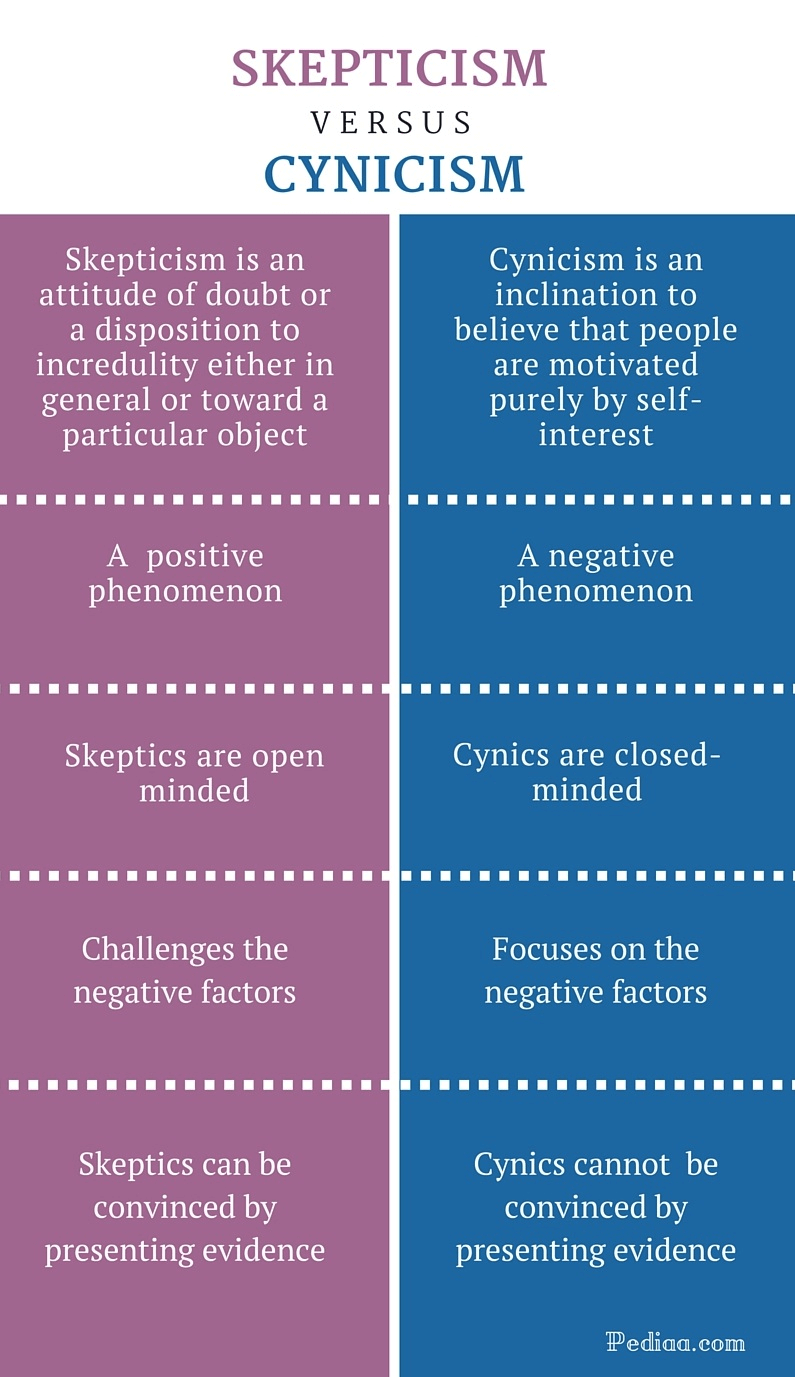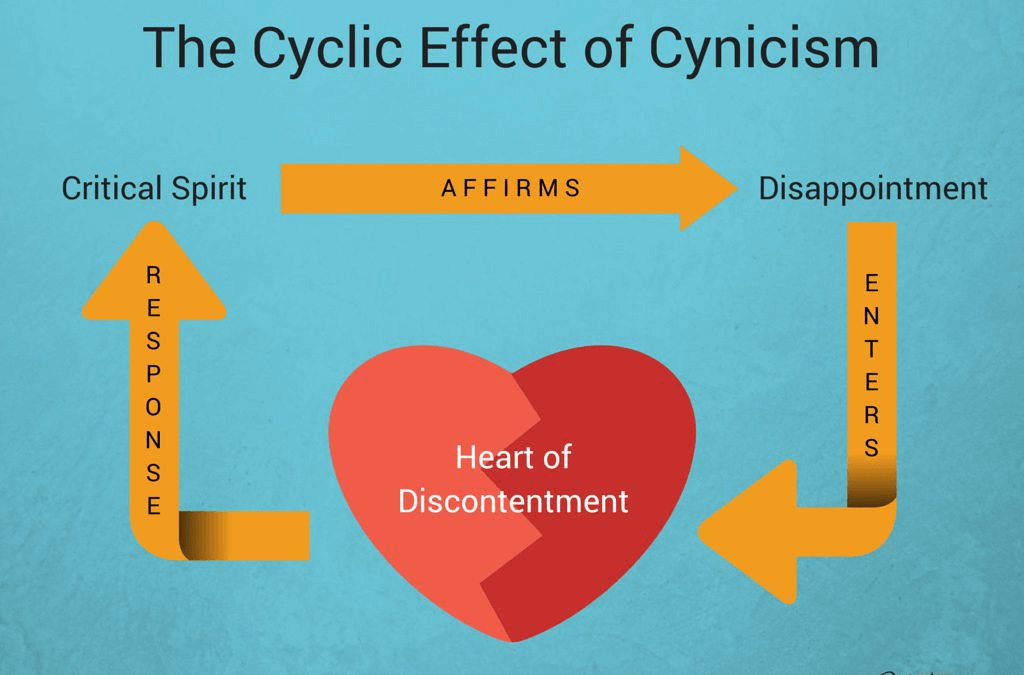Guided Meditation For Overthinking: 7 Tips For Meditating When You’re An Overthinker

Does your mind never seem to turn off? Do you constantly overthink things when you’re trying to relax? You aren’t alone. Overthinking is common and in this blog, I’m going to help you explore guided meditation for overthinking… or rather meditation to stop overthinking.
I have been meditating for some time now and yet there are times when I can’t seem to turn my mind off. Even during the quietest moments of my meditation, unruly thoughts find a way into my mind, when I don’t want them to.
When you are an overthinker, your mind is constantly on the go, thinking about the same situations again and again, different things you could’ve done or said, or even things that can happen in the future. An overthinking mind doesn’t stop for rest.
Many a time, overthinkers worry too much about the next day or even what’s going to happen in a few minutes rather than live in the present. Overthinking can take too much from your present moment and can leave you feeling drained of excitement and energy.
7 Meditation Tips To Deal With Overthinking

1. Maintain A Steady Schedule
Practice makes perfect, right? Meditation is a learned skill that only gets better with practice and patience. When you maintain a steady schedule, your mind automatically understands that this time (your dedicated time of the day) means it’s time to relax.
This, however, does not mean being strict with your meditation practice. Meditation is not about following rules, it is about doing what feels good and right to the one practicing. Find the best time to meditate out of your day and try to stick to it every day.
2. Have A Dedicated Space For Meditation
It is not ideal, especially for an overthinker, to practice meditation surrounded by laundry, clutter, or kids. To practice meditation for overthinking, you need to have a quiet dedicated space for meditation.
This means designating a particular room or space in your home for meditation, a specific chair or a mat, lighting a candle with a soothing scent, or lighting an incense burner. Whatever helps you feel relaxed and comfortable. The more you practice, the more you’ll be able to bring meditation into your daily life.
3. Meditate With Others (Group Or Virtually)
An overthinker may not feel as comfortable practicing meditation alone as they might be with others. Meditating with others has its benefits too. Collective meditation can amplify your meditation experience.
Knowing you’re not alone in finding peace for your mind can help you relax. Meditation is about finding peace and relaxation and if you find that with others – good for you! You can find meditation classes offline or virtually. Guided meditation classes offline or online can benefit the same.
4. Meditate With A Guide
If you’re not comfortable practicing meditation with a group or alone yet, you can try using pre-recorded guided meditation available online on YouTube. Meditation with the help of a guide can help as much as meditation classes can.
Guided meditation can help soothe anxiety, boost mood, promote relaxation, lower stress, and lower heart rate. You can also download meditation apps to find guided meditations to help you relax and quiet your mind.
5. Yoga Before You Meditate
Doing yoga before meditation can also help you get in the meditative mind frame. Movement and breath-focused yoga can help reduce stress and improve attention. Yoga can also help relieve physical aches that you might focus on during meditation.
If you find an empty mind too uncomfortable, you can find movement meditation, tai chi, yoga, or even walking meditation useful.
6. Begin With Some Breathwork
One of the best ways to quiet your mind is to practice breathwork in the beginning. Many meditation techniques focus on breathing only. When we become anxious and stressed, our breathing becomes erratic and rapid. Controlled breathing can help us slow our breathing.
If during meditation, your mind is consumed with errant thoughts, breathwork can help you bring your attention to your breathing than focus on your thoughts.
7. Music Can Help You
Music can help too! Music can help slow your mind and reduce stress as much as can any other relaxing technique. If you’re an overthinker who has trouble with keeping your mind quiet, music can help you. How?
Music can help you focus your attention on the soothing tunes, rhythm, or background noise than on the thoughts running rampant in your mind. You can experiment with different music to find the one that suits you best.
Related Read: Music Meditation: How To Meditate With Music
Why Meditation For Overthinking?

Meditation, especially mindfulness meditation focuses on teaching you to live in the present moment rather than in your mind anticipating and worrying about things that are yet to happen.
Guided meditation for overthinking aims to help you clear your mind and be in the moment. Your guide for the meditation will help you find peace and how to hold onto that peace and calmness for the rest of the day.
Most of the time, it is recommended that you practice meditation for overthinking regularly so your mind stays clear and quiet of irrational thoughts and anticipatory anxiety or worry.
The idea of a quiet mind sounds blissful, doesn’t it? However, achieving this quiet meditative state can be challenging if you’re an overthinker. For many overthinkers, meditation might not be for you but if you carefully and regularly practice meditation, you can learn to quiet your mind.
Looking for meditation for overthinking, below are some tips that can help you!
How To Meditate For Overthinking?

Here are steps to help you practice meditation to stop overthinking:
Step 1: Sit in a comfortable position in a quiet room. Take three long deep breaths. In and out. With each exhale, try to relax your body and release the stress.
Step 2: Once you’ve relaxed your body, it’s time to work on the mind. This can be tricky. Here, you need to practice some self-talk. Thoughts will come but instead of letting them stay, you’re going to release them with,
“I understand that I have many things to think about but at this moment, I’m going to just breathe and relax.”
You can try your mantra or phrase.
Step 3: The next step is to just let the thoughts in but then let them go. It is imperative that you not let them stay in your mind. Acknowledge them but then let them go. If your thoughts stay behind and refuse to go, take a breath and bring your attention back to your breathing.
Step 4: When your mind is quiet and devoid of errant thoughts, slowly bring your attention to your breathing. With a few deep inhales and exhales, bring yourself back to the present and open your eyes, gently.
Meditation requires sticking to a routine. Once you’re in the habit of practicing meditation when feeling overwhelmed or when thinking too much, you’ll eventually be able to control the flow of your thoughts and relax when needed.
Thoughts Are Thoughts….
Thoughts are just that – thoughts. Racing thoughts are okay and normal during meditation but don’t let them overwhelm you or your relaxed meditative state. Sometimes letting your mind find relaxation is important no matter how overworked you are.
What meditation is for me might not be what meditation is for you. All of us meditate differently. The one common thing is the benefits of meditation.
Even if you’re an overthinker, you can benefit from meditation. All you need to do is find the best meditation technique suitable for you!
I hope this article on guided meditation for overthinking was helpful. For more, you can write to us at info@calmsage.com or follow us on social media. Like this blog? Tried the above tips? Let me know in the comments below!
Breathe In. Breathe Out. Relax.








